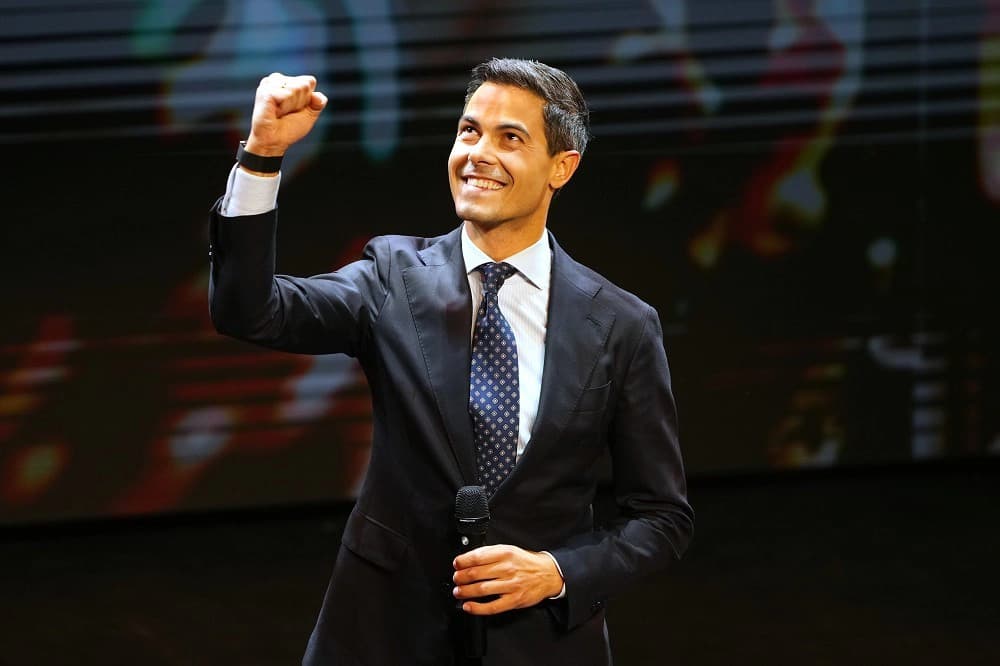

Because of the withdrawal of the Freedom Party, led by far-right leader Robert Wilders, from the coalition government in June, the Netherlands held a snap general election on the 29th. According to the current results with 98% of the votes counted, the centrist party"Democrat 66" has made significant gains and may win the same 26 seats as the Freedom Party, which is almost three times the number in the last election. As a result, the party leader, Yeltsin, may become the youngest prime minister in Dutch history.
Reuters reported that approximately 10 million votes were cast in the Dutch general election, and as of the 30th, about 98% of the vote counting was completed. The centrist liberal D66 party led the Liberal Party (PVV) by about 2,300 votes, giving it a combined 26 seats in the 150-seat parliament, the same as the Liberal Party. This means that D66's seats have increased nearly threefold compared to the 2023 election, while the Liberal Party has suffered heavy losses.
The report points out that because Geert Wilders' Freedom Party withdrew from the coalition government it led in June, an early general election had to be held. This has led all major parties to rule out the possibility of cooperating with the Freedom Party again, and has made Rob Jetten, the 38-year-old leader of D66, a potential candidate to become the youngest prime minister in Dutch history.
Over the past month, Ye Teng's approval ratings have risen rapidly due to his proposals to address housing shortages, increase investment in education, and resolve immigration issues. In contrast, Wilders, in the 2023 general election, has championed an anti-Islamic ideology, proposing to reject all asylum applications, deport Ukrainian male refugees, and suspend foreign development aid in favor of Dutch energy and healthcare development.
In the 2023 general election, Wilders' demands garnered widespread support, making the Liberal Party the party with the most seats among all political parties. This led to the formation of a cabinet composed entirely of conservatives. However, due to opposition from other allies, Wilders did not become prime minister. In June of this year, Wilders announced the Liberal Party's withdrawal from the ruling team after other parties in the coalition government refused to accept his plan to close the borders and deport asylum seekers, leading to the collapse of the coalition government.
The report points out that a ruling coalition requires at least 76 seats in Parliament, so based on the election results, it would need an alliance of at least four parties to form one. The most likely scenario is that the coalition would be formed by D66, the conservative Christian Democrats, the center-right Liberal Democrats (VVD), and the Green-Labour coalition.

